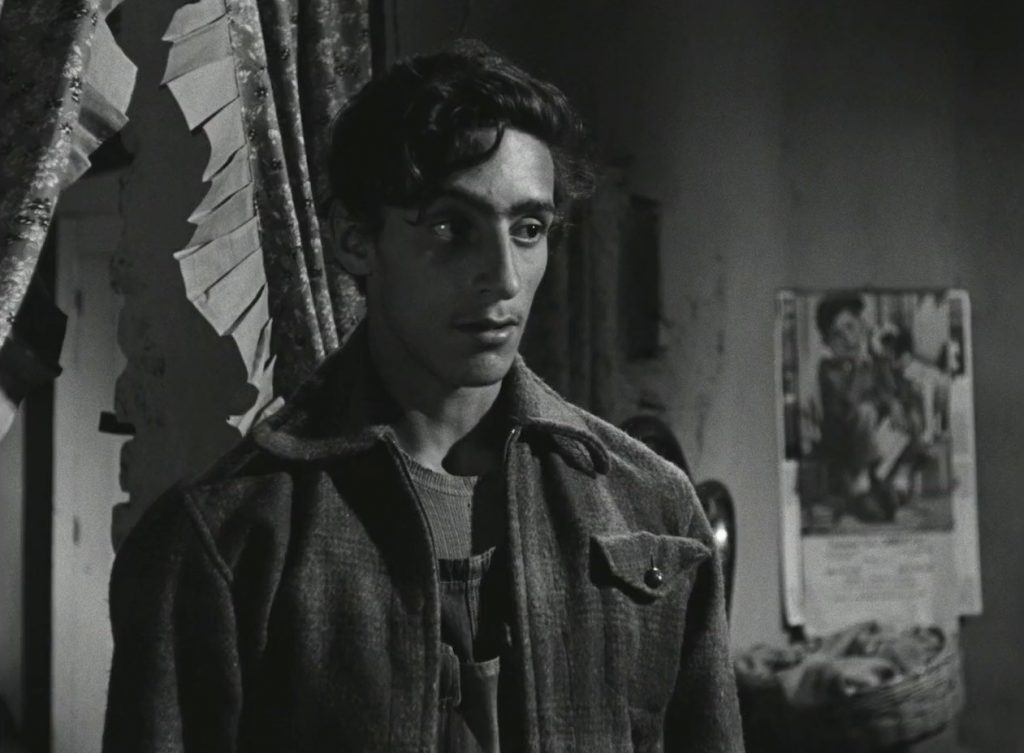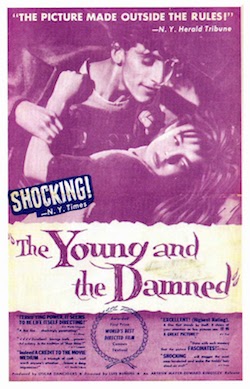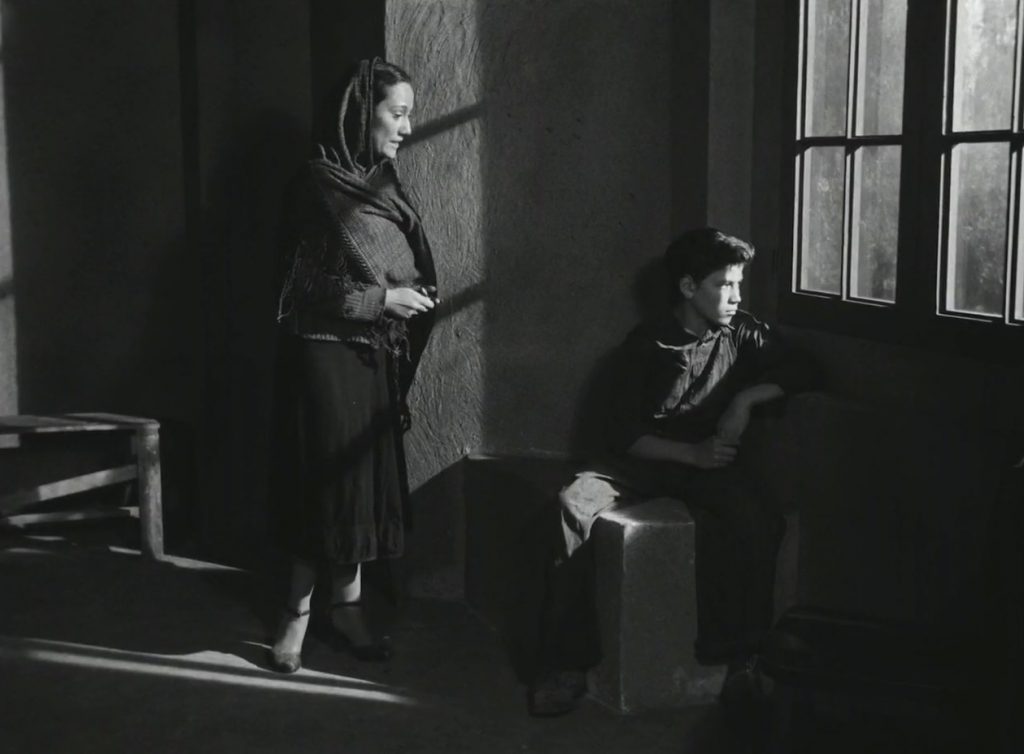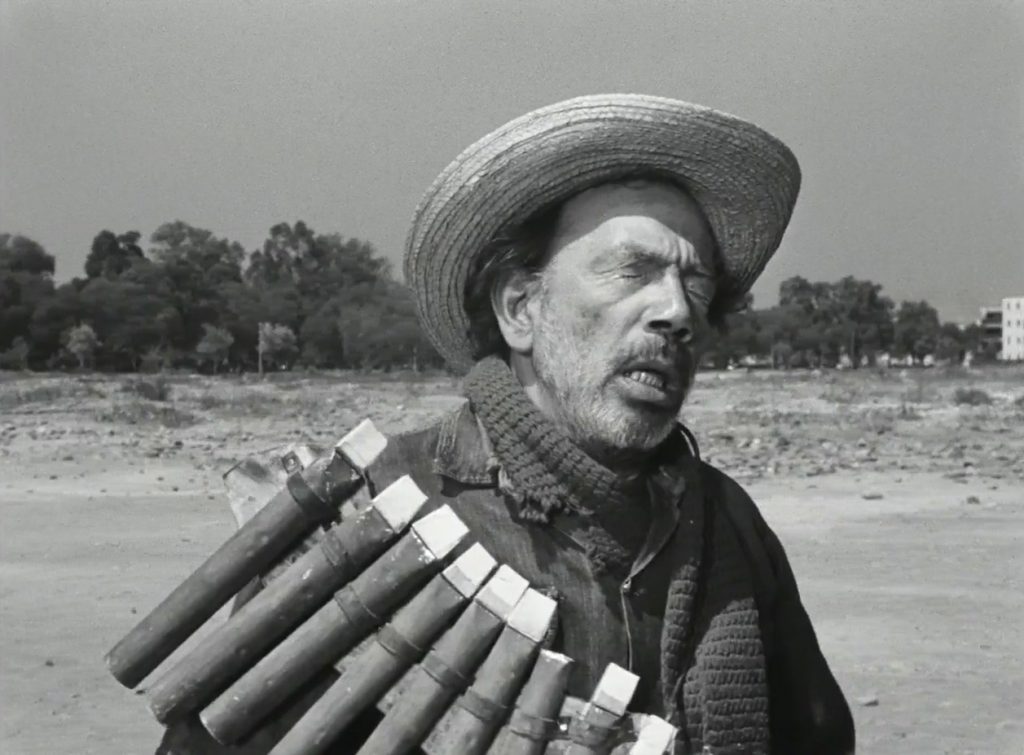
Los Olvidados (Mexico, 1950) 91 min B&W DIR: Luis Buñuel. SCR: Luis Alcoriza, Luis Buñuel. PROD: Óscar Dancigers. DOP: Gabriel Figueroa. MUSIC: Rodolfo Halffter, Gustavo Pittaluga. CAST: Stella Inda, Miguel Inclán, Alfonso Mejía, Roberto Cobo. (Ultramar Films)

This devastating movie (which won Buñuel the Jury Prize for Best Director at Cannes) belongs on the shelf alongside Vittorio De Sica’s Shoeshine, Bruno Barreto’s Amor Bandido and Hector Babenco’s Pixote for its unflinching portrayal of street life. While today, it is acknowledged as an arthouse classic (and surely one of the director’s finest films), in its day, this film wasn’t as well received, and did little to advance his career on the world stage. Buñuel would spend several more years doing studio melodramas: many of these melodramas are about dysfunctional families, but none paint such a bleak picture as Los Olvidados.
The film’s protagonist, Pedro (Alfonso Mejía), is considered to be a burden to his mother (Stella Inda). Because he can’t find a job, she refuses to feed him! But the true antagonist is his cohort, Jaibo (Roberto Cobo), who incorporates Pedro into his schemes of theft and revenge. Pedro is even implicated for one of Jaibo’s crimes- the theft of a knife. Jaibo humiliates the boy further by sleeping with his mother! The sole characters who offer any hint of goodness is a blind beggar (Miguel Inclán), and the director of the correctional facility where Pedro is sent for Jaibo’s crime. This film is a marvel for its unrelenting depiction of poverty, desperation and inhumanity (portrayed in a style recalling Italian neorealism), but there is a splendid dream sequence, in which Pedro fantasizes that his mother brings him food and cares for him! Even the tragic ending is shot with layered imagery, to further suggest a dream state. Is this meant to represent a far better place that one can go to after life?


Los Olvidados, released to this continent in the apt Anglicized title The Young and the Damned, is hard to find in North America, in spite of its deserved reputation. For years, the best way to see it was on a high-contrast VHS copy from Pearl Entertainment. (This budget label was often seen in department stores in the early 90s, as it had several public domain chestnuts in its catalogue, but also carried foreign classics like Mon Oncle, Knife in the Water and The Seventh Seal in their original languages with English subtitles! Wow! Foreign films available in small-town Woolworth’s chains!)
